Examinations
Academic
-
New List Item Write a description for this list item and include information that will interest site visitors. For example, you may want to describe a team member's experience, what makes a product special, or a unique service that you offer.
COVID19 - Remote Learning -
New List Item Write a description for this list item and include information that will interest site visitors. For example, you may want to describe a team member's experience, what makes a product special, or a unique service that you offer.
Academic -
New List Item Write a description for this list item and include information that will interest site visitors. For example, you may want to describe a team member's experience, what makes a product special, or a unique service that you offer.
Academic Results -
New List Item Write a description for this list item and include information that will interest site visitors. For example, you may want to describe a team member's experience, what makes a product special, or a unique service that you offer.
Examinations -
New List Item Write a description for this list item and include information that will interest site visitors. For example, you may want to describe a team member's experience, what makes a product special, or a unique service that you offer.
Subjects
Examinations
At The Laurels, exams have an important role in the process of learning and are a clear indicator of a student’s level of attainment. The Laurels School examinations test what pupils know and have understood and help to frame future learning.
We encourage pupils to plan their learning and ensure that they are organised and well prepared to sit their end-of-year exams. Pupils have regular study skills lessons within the Character Education programme and also have many opportunities to discuss with their tutors how they are preparing for exams. They are encouraged to share any worries or concerns they may have with their tutor who will help them to think of ways of ensuring they maintain a good balance between study, rest and play. It is vital that pupils are encouraged to strive for excellence but not perfection.
Perfectionism versus Excellence
It is important that our pupils understand the difference between the two as it can have a huge impact on their self-worth and sense of self. This is absolutely key when they are sitting exams and receive their exam results.
Perfectionism can mean that whatever is done is never good enough. It makes girls try to live up to some standard that may be out of reach.
The pursuit of excellence keeps the pupil focused on what matters and is energising. There is no damage to self-esteem. Perfectionism diminishes productivity, efficiency and effectiveness, and worse still, damages peace of heart and mind. On the other side, productivity is built into the pursuit of excellence.
Excellence focuses attention on what’s right and working well, rather than what’s not working – and this keeps the pupil’s attention on the positives and how things could be even better. Excellence is limitless and progressive, since we can always reach for greater and greater excellence. Success is really based on taking the right action at the right time and getting the feedback to improve and not on getting things totally right every time.
Realistic versus Unrealistic
It is vital that parents and teachers are realistic in their expectations of what can be achieved. This realism should also form part of the conversation we have with our pupils and daughters. This realism will have a firm basis on the feedback the pupil has received during the year, assessment grades, homework, attitude and effort grades will all form a snapshot of the pupil’s possible end-of-year marks. Pupils will discuss with their tutors how much effort they are putting into their study, their use of mobiles and other technology. They will be encouraged to really understand their strengths and where they need to improve. For one pupil, it will mean exercising her memory muscle more; for another, it will mean mastering the temptation to use her mobile phone when she should be revising. In this, parents and tutors must work together to help the pupil understand how she can improve her study habits to achieve better results. It will mean helping her to understand that improvement and good marks can only be the result of hard work and persistence.
Practicalities versus Impracticalities
Pupils need a proper study space, good nourishing food, plenty of hydration, a decent night’s sleep and some treats in the way of an episode of a favourite programme or chocolate. They need to be regularly checked up on and, depending on the pupil, they may need help with revision, organising their study, ensuring they know which exam is when.
What pupils don’t need is instability at home, an indifferent parent, an irregular timetable and zero allowance for a tired, nervous teenage girl. The best parents and teachers can do at exam time is to provide reassurance, love, encouragement and, above all, oodles of patience.
When Do Exams Take Place?
Pupils in Years 7-10 and 12 take their examinations in the summer term, those in Years 11 and 13 take mock examinations in the autumn term, then public examinations in May and June. Detailed Information on examinations can be found in your parent portal account issued to you on joining The Laurels School.
If candidates have any questions about the regulations or the examinations process they should seek advice from their tutor or the School Examinations Officer.
The Aim in Sight
Above all, no-one – least of all our pupils – must lose sight of the ultimate aim. Whilst having an intrinsic merit in themselves, exams are a means to an end and are stepping stones on each pupil’s journey. All of our educational community must strive to ensure that each pupil is properly supported and cherished on her own journey. All pupils should be encouraged to realise that, whatever the final result, the act of taking exams will have been a learning experience in itself from which they will derive great benefit and that nothing ever is so disastrous that it is the end of the world.
For any queries, please email: Examinations Officer






